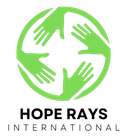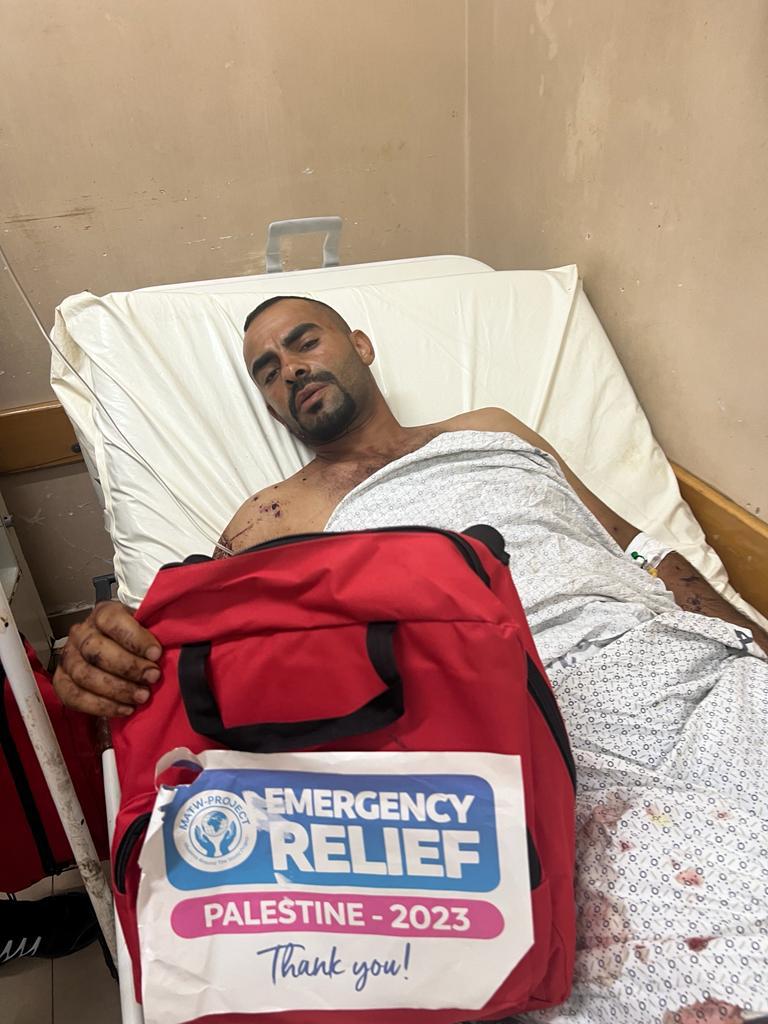Deadly Escalation in Palestine
Violence has escalated after months of ongoing tension across the region. Over 12,000 people have been killed and thousands more have been injured. In Gaza specifically, a ‘total blockade’ is in place, completely cutting off the 2 million civilians from access to food, electricity, and fuel.
Food stocks in shops are “nearly exhausted”; the operation of water wells and desalination plants have stopped almost completely, forcing people to consume saline water and risking water-borne diseases; and 14 out of 35 hospitals with inpatient capacity are no longer functioning. In addition, about 1.4 million people have been internally displaced and the total number of housing units destroyed or damaged accounts for at least 42% of all housing units in Gaza. Hundreds of thousands of people remaining in the north are struggling to survive.
On November 12, a total of 76 trucks carrying humanitarian supplies were allowed entry through the Rafah Border Crossing, bringing the total amount of aid trucks allowed in to 981. The entry of fuel, which is desperately needed to operate life-saving equipment, remains banned. To add, the process of evacuating severely wounded people from hospitals through the crossing is moving very slowly – only 99 wounded people have been able to leave, which is not proportional to the number of cases for which treatment is not available inside Gaza.
While issues related to the delivery of humanitarian aid persist, IRUSA partners have successfully completed the following interventions:
Distribution of food aid to families
Provision of 2,500+ hygiene kits to people in shelters
Provision of vital medical supplies to three hospitals including Hayfa Hospital, Al-Awda Hospital, and Al-Ahli Arab Hospital
Access to mobile clinics for 23,400 people in shelters
Immediate trauma response for 4,000-5,000 people
Our partners are continuing to work on the procurement and stockpiling of water, food and non-food items including blankets and mattresses for winter, and medical supplies, to be delivered once a pathway for humanitarian aid is established.

